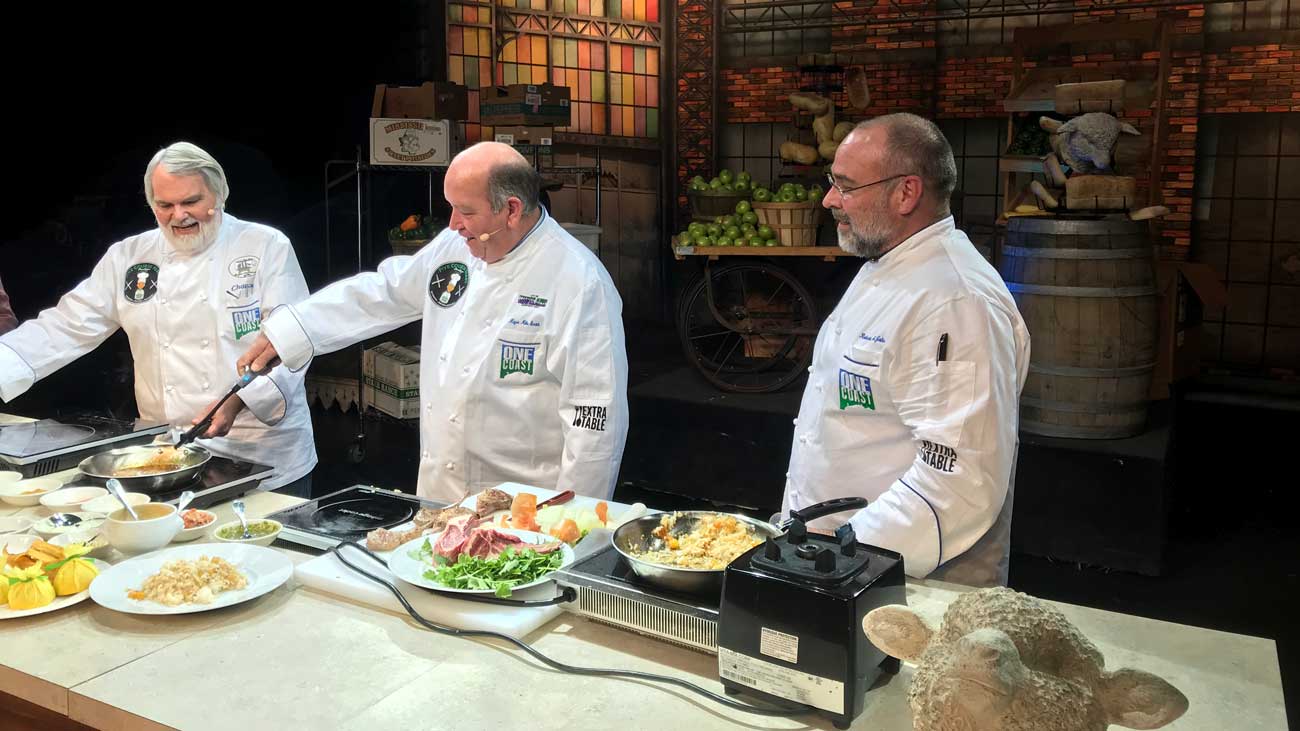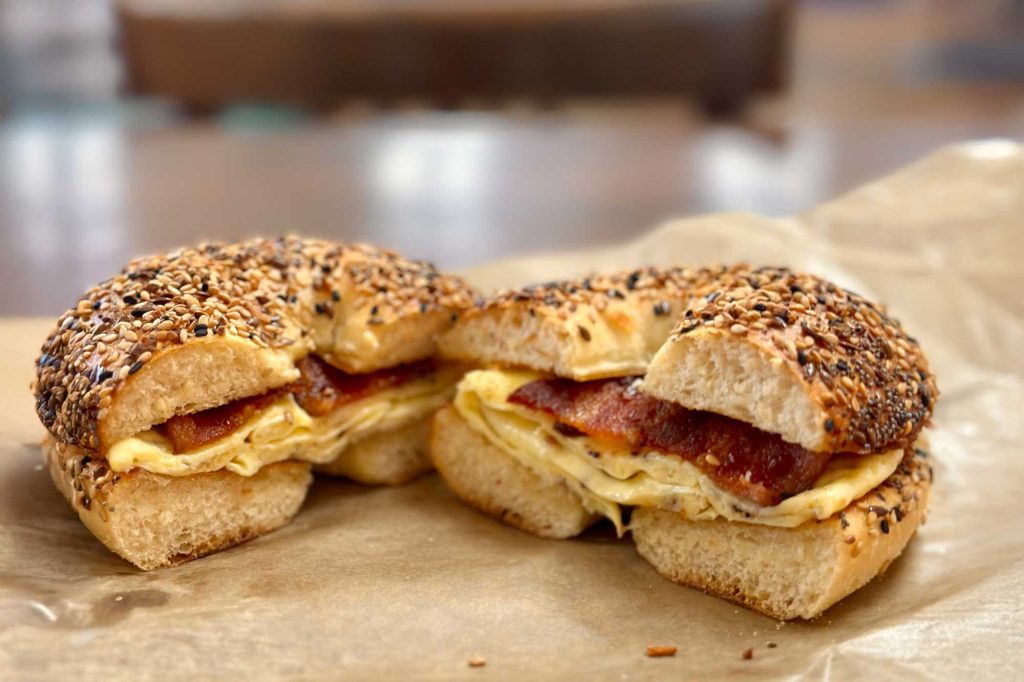I am fascinated by the various burdens we carry without realizing that they are there.
Last week I completed my ninth book, turned it in to the book producer, who will send it to the copy editor, who will hopefully not run out of red ink, before sending it to the printer.
A few hours after I emailed the finished product, I was driving out of town on business. I had just hit the city limits of Jackson and was on the phone with my friend and collaborator, watercolorist, Wyatt Waters, talking about the book project. As I merged onto Interstate 20 off of U.S. 49, I suddenly felt as if a 50-pound weight had been lifted off of my shoulders. The manuscript, four years in the making, was finished. The book monkey was off of my back.
It’s funny. This is the ninth time that has happened. Yet every time it’s a surprise. One would think after the third or fourth book I would remember to tell myself, “Self, you’ve been walking around out there for years with that book project looming. Remember, it’s been weighing you down— either in the forefront, or the back of your mind— for four years. When you are finished, you are going to feel a mutual sense of relief and accomplishment.”
Yet it’s a revelation every time, albeit a good revelation.
So much goes into writing and publishing a book, especially a cookbook that was developed and produced in both Italy and America. Once the idea is shaped, and the concept is a concrete vision, the book monkey is always there, an ever-present entity, swimming around in your brain, hovering ubiquitously somewhere in a deep corner of grey matter filed under the to-be-done list
To add to the omnipresent book-monkey-on-your-back feeling, there is the all-pervading eternalness of words in print. There aren’t too many things in life as permanent as seeing one’s completed book. In the instant you open the first case, there is a sense of joy, excitement, and horror all at once.
The sense of joy is because you have spent a substantial portion of your life completing something that you hope others might see as useful, helpful, noteworthy, or entertaining. The sense of excitement is in anticipation of the days ahead when you will be traveling to book signings, speeches, and promotional events where you will come face-to-face with people who have shelled out good money to purchase the results of your effort. The horror comes from the realization that the book is now printed, boxed and shipped. It’s finished. Nothing can be changed, edited, or corrected. Again, it is one of the most intense feelings of permanence in the world.
Luckily, after a few hours the horror fades as one realizes that there’s nothing that can be done about it now. You blew your chance. Any changes that need to me made should have been made months ago. What’s left is joy, excitement, and a lot of hard work yet to come.
This time it’s going to be a blast. Out of the nine books, three of them were collaborations with Waters. Our first project, “A Southern Palate,” took everyone— including us— by surprise. The book gods were shining down upon us, the timing was perfect, and in a book-signing, pavement-beating whirlwind tour of three weeks the book had sold out all 10,000 copies. Subsequent printings continued to sell out. Our next book, “Southern Seasons,” was a project larger in scale and more hectic in distribution.
This time, I plan to enjoy the process. It’s fun traveling to book signings to meet people who “get” what you do. It’s also cool being on a hectic six-week road trip with your best friend and calling it, “work.”
Though, in the meantime, I will enjoy the lighter feeling I have these days knowing that the book is “in the can,” and go to work on the dozen other business irons I have in the fire that add their own ominous, ever-present feelings.
Then, one day in October, a tractor-trailer load of books will arrive at my office. I will open the first case, and will gladly relive the joy, excitement, and horror once again. Thankfully, at that point, the 50-pound book monkey will be long gone.
Onward.
Chicken Meatballs
(from the upcoming book “An Italian Palate”)
2 lb. Ricotta cheese
2 lb. Ground chicken, chilled
3 each Whole large eggs
2 cup Parmigiano Reggiano, grated
2 TB Kosher salt
1 tsp Fresh ground black pepper
All-purpose flour as needed.
Wrap the ricotta cheese in cheesecloth and place in a strainer set over a bowl. Weight the cheese with a couple bowls and refrigerate overnight to drain the excess water.
In a large mixing bowl, combine the drained ricotta with the chicken, eggs, grated cheese, salt and pepper using your hands. Mix thoroughly until completely smooth, about 4-5 minutes.
Form into 2 ½ oz. meatballs. Lightly coat each meatball in flour and transfer to a lightly floured baking pan. Place meatballs in the refrigerator to set for at least 4 hours or overnight. They may also be frozen at this point.
Place a large skillet on medium-high heat and pour enough olive oil to just cover the bottom of the pan. Dust the meatballs one more time in flour. Brown the outside of the meatballs, being careful not to burn them. Place on paper towels to drain excess oil and fat. At this point, they may be held under refrigeration for 4 days or frozen for 3 months.
If serving immediately, add 4 cups of marinara and simmer until meatballs are completely cooked to an internal temperature of 160, about 30-45 minutes.
Yield: 18 2 ½ oz. meatballs



